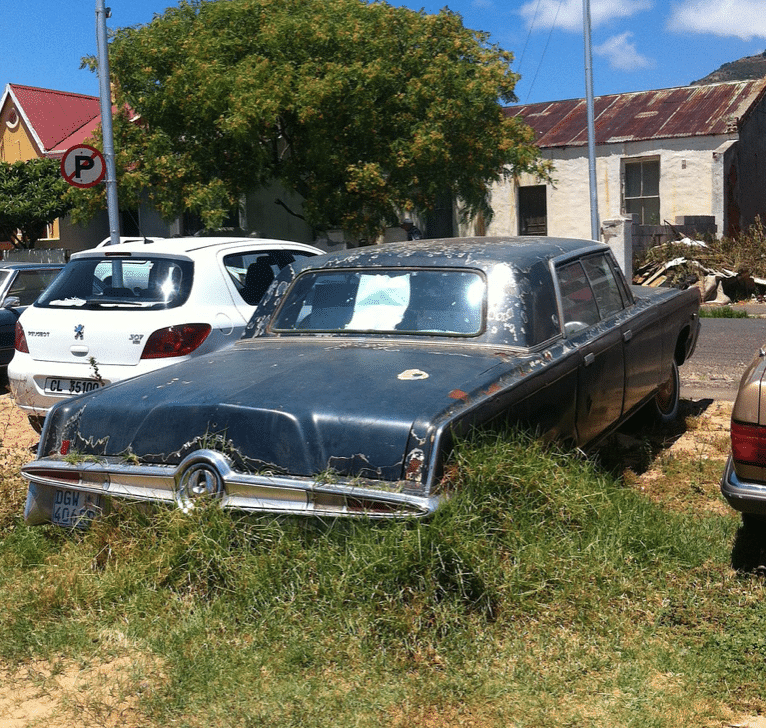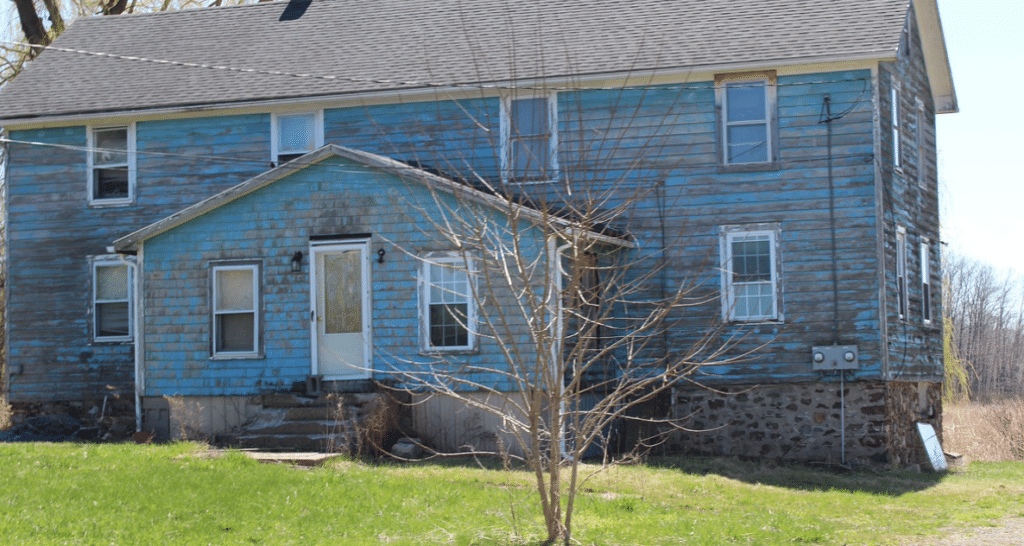What is a Code Compliance Lien Certification Hearing?

No matter where you live, there will be certain codes that you need to follow in order to make the neighborhood look nice and to ensure that everyone is able to get along with one another. When you take good care of your home and keep up with some of the maintenance so no one gets hurt, you will find that it is easy to keep up with most of the codes in your area.
In some cases though, there may be issues with how you take care of your home. If you do not keep up with the maintenance, or even if you are gone and can’t mow for a few weeks, you may be considered non-compliant with the local codes. This could result in notices and citations if you are not careful.
While you may be given some time to fix up the area and make it look nicer, if you continue to leave the problem without fixing it, then you may end up with a lien placed against your property. Homeowners who face this problem can often go to a lien certification hearing. But what is this hearing and how can you win your case when one occurs?
What is a Code Enforcement Lien?

Before we take a look at what the hearing is about, we need to take a look at what a code compliance lien is and why it is important to the process.
There are certain codes that need to be met in any town or city when it comes to your property, whether personal or commercial. These codes are in place to keep you and others safe on the property. They can vary based on where you live, so you will need to look up the rules around you to make sure you are in compliance.
The lien will happen when you are not in compliance with the codes of your area. The lien will be a fee that is then attached to a property when it is not considered in compliance with zoning codes, property maintenance codes, or building codes for your area.
A lien will not be placed on the property without your knowledge. Many times the municipality you live in will send out a multitude of notifications, deadlines, and waiver options to alert you that there is some kind of problem present. This is meant to provide the property owner with many chances to fix the issue and make it better before the lien is placed.
However, if the property owner does not fix the problem or choices to avoid it altogether, then the city or town will be able to start the proceedings for adding the lien onto your property. You will not be able to sell your property, refinance the mortgage on it, or borrow against it if the lien is in place until you get that taken care of.
Liens are not going to expire. You will not be able to sit on the property for twenty years and then sell it with the lien gone. Once it is there, you will not be able to sell the home or do other big changes on it until you get the money paid off. The liens will be recorded with your city and you need to pay them off in full before the lien is taken off.
What is a Code Compliance Hearing?

When the municipality you live in determines that you have violated a code of some sort, they will often send out a notification allowing you time to fix it. For example, if your lawn is not mowed properly and starts to get disorderly, they may send out a notice asking you to mow the grass and giving you until a certain date to get it done.
If you receive the notice and then rectify the problem, that is the end of the issue. In terms of your lawn, maybe you were gone a few weeks and the person you hired to mow the lawn did not come and do the work. You could get back to the notice, but then could just mow the lawn and make it look nice again to resolve the problems.
However, some homeowners choose not to fix the offending issue. They may continue not to mow the lawn after receiving the notice or will continue to keep junk in the yard or have a safety hazard in another manner. This could prove dangerous to other people and the city will continue to go after you for it.
While it may take some time before it reaches this point, eventually the city will have a code compliance hearing to see whether or not they are valid in placing a lien on your property for the code violation. During this hearing, the judge will look at the facts and determine whether this is justified or not.
In many cases, the city will be justified and they can place a lien on your property. If you feel that you have been treated unfairly or were not given the proper notice that you should have received for the problem, you may have a case that allows you to fix the problem without having a large lien placed on your property.
Navigating compliance codes can be difficult for many property owners. They may not know how to handle the issues that will come up in court. Working with a legal professional will help you understand your rights and come up with a plan that allows you to keep the lien off your property while bringing you up to compliance with the local code.
What are Some Common Code Violations?

There are a few different types of codes that you can become non-compliant in on your property. The way that you take care of the property and any disturbances that show up around your property could result in a code violation. If you fix the problem, then that can be the end of the story. If you don’t, you could end up with a lien on the property.
Some of the most common code violations will include:
High Weeds
Most areas will require that you maintain your lawn and make it look nice. Having a nice lawn will provide you with a nicer looking home and you will need to keep the grass at a certain length. While there is a lot of room for interpretation on what you think looks the best, most areas require you to keep the grass under 10 inches on developed property.
If your property is in an undeveloped property, the grass can be a little bit higher, usually around 12 inches. You will need to check with your municipality to learn more about how long the grass can be. You must also take care of your portion of the city’s right of way or easement as well or you could be in trouble.
Regular mowing and trimming will help take care of this issue for you well. If you are gone for some time during the summer, then you may want to hire someone who can do the work for you. If the grass gets too long and you do not take care of it, you may end up with a lien against the property.
Trash and Junk on the Property
You also need to have the right property maintenance to help make sure you fit within the ordinances in your area. This is done to help make sure that the property values stay high in your area and for the health and safety of your neighborhood. You must make sure that your yard is maintained and that all structures on the property are in good condition.
Basically, make sure that your front yard is not turned into a junkyard at all. In some cases, this can be willful neglect on your property and you will need to get it cleaned up immediately or face issues with a lien on the property.
You should also watch out for a remodel on your home. If the contractor does not keep the area cleaned up and leaves their tools and materials all over the place, you could be liable as well. Be aware that any mess in the yard could make you noncompliant.
Inoperable Vehicles
It is not allowed in most areas for you to leave a vehicle abandoned on private or public property unless it is completely enclosed in the building, such as a garage, or is part of a business. The reason for this is that many junk cars could cause health risks due to the chemicals and fluids that may leak out and they are often an eyesore for many neighbors.
Each municipality will be different when it comes to the regulations they place on inoperable vehicles, but most have common rules like:
- The vehicle needs to be current on its tags and licenses
- The vehicle needs to be roadworthy and operational
- The vehicle needs to be parked on some kind of improved surface including masonry, concrete, and asphalt.
Parking the car in another location, such as on gravel, dirt, or grass can sometimes result in a fine for the person who owns the vehicle.
Pets
Another common violation that a lot of homeowners need to be aware of is their pets. Dogs that bark all day long, squawking birds, and other animals who make a lot of noise could result in a citation.
A pet that is loud can cost $100 in fines, even if the pet ends up belonging to a tenant who lives in the property. And if the homeowner refuses to pay the fine could end up with a lien on their home. Whether you live in the property or have a tenant, you are the one who has to follow the local ordinances for pets.
Obstruction of Alleyway, Road, or Sidewalk
You must make sure that sidewalks and public streets are clear and accessible all of the time. You can’t put things like plants, vehicles, signs, bins, or trash cans in the way. And if a spill does occur, such as the trash can falling over, then you need to clean up the mess ahead of time.
If you live right next to a road sign or a public traffic control sign, then you need to maintain the area around it as well. You can trim back trees and bushes to make sure they do not obstruct the view of the public to that information.
What Should I Do When I am Non-Compliant to the Codes?

In most cases you will receive a notice about the code violation ahead of time. The city will tell you what the code violation is and give you ways to remedy the situation. There is also a deadline attached to most of these to give you time to get it done before the city checks in on you again.
The best way to avoid going to court and having a hearing that could lead to a lien on your property is to fix the issue right away. You can follow the letter or call your local city to figure out the best way to solve the problem
When you have let your noncompliance go on for long enough, it is possible that you will need to go to court and have a hearing. If things do not go well, you may end up with a lien on your property, which could make it hard to sell or use the equity within your property.
When you get to this point, it is time to work with the right legal team to help you through the hearing and to make sure you do not get a lien on the property. Our team of code enforcement attorneys will be able to look at your case, come up with a strategy, and give you the best options to ensure the hearing goes your way and you don’t end up with more problems down the road.
